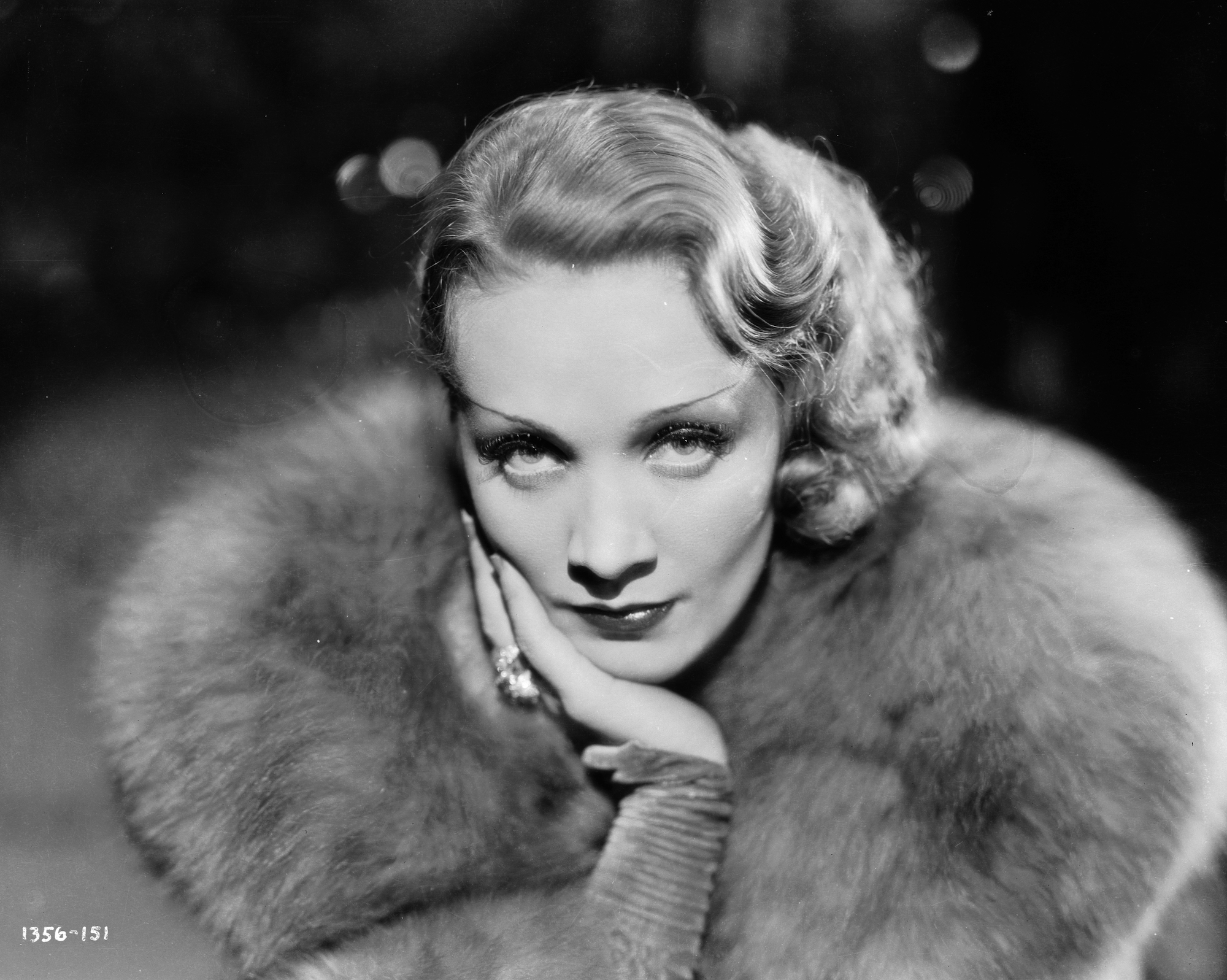Marlene Dietrich Rejected Nazi Requests to Star In German Propaganda Films
Many celebrities become involved in the pressing social needs of their time, and German-American actor Marie Magdalene “Marlene” Dietrich was no different. First rising to prominence in the early 1900s, Dietrich immigrated to the United States and went on to star in numerous Hollywood films, including notable post-war films like Alfred Hitchcock’s 1950 classic, Stage Fright. But it wasn’t just Hollywood film directors who were knocking on Dietrich’s door. The German Nazis also came calling, and Dietrich had strong thoughts about what they wanted from her.

Dietrich moved to the United States in 1930
Dietrich began her career in music, performing in various German theatrical stage appearances before landing her first film role in 1923’s The Little Napoleon. Her career grew by leaps and bounds after she married German film director Rudolf Sieber. “Dietrich’s career in Germany began to take off in the late 1920s,” reports Biography. “Making film history, she was cast in Germany’s first talking picture Der Blaue Engel (1930) by Hollywood director Josef von Sternberg. An English language version, The Blue Angel, was also filmed using the same cast.” The film was a hit, and propelled Dietrich to fame in the U.S., too.
As part of her contract with Paramount, which was distributing The Blue Angel stateside, Dietrich immigrated to the U.S. where Dietrich went on to feature in numerous other Hollywood blockbusters. Critics praised Dietrich for her looks and serious demeanor, and she worked with Hitchcock and other notable directors like Billy Wilder, Orson Welles, and Stanley Kramer. The American Film Institute has gone so far as to name Dietrich as one of the top 10 greatest female screen legends of all time.
Hitler personally requested Dietrich’s help during World War II
America joined the Second World War in December 1941. Just a few years before the U.S. took part in the global conflict, Dietrich had been invited back to Germany by Adolf Hitler’s Nazi government. She was at the peak of her career, and the Nazis wanted Dietrich to return home. “She was the greatest movie star that Germany had ever produced,” explains The New Yorker, and Hitler himself had personally requested Dietrich’s help in making Nazi films. The Nazis wanted Dietrich so badly, The Telegraph reports they plied her with numerous lucrative offers, including the promise that she would have free reign to make any type of movie she wanted.
There was just one problem for Hitler: Dietrich was staunchly anti-Nazi. “Dietrich … was an early and passionate opponent of Nazism,” reports the New York Times. “When Hitler started arresting Jews, she financed the escape of several friends.” The Times also reports that Dietrich was very angry when the Nazis approached her about working with Hitler and that she renounced her German citizenship and became an American citizen shortly afterward. The Nazi plan may have backfired in a way they didn’t foresee because Dietrich then joined the war effort to defeat them.
Dietrich instead made anti-Nazi propaganda for the U.S. military
“Marlene Dietrich was many things to many people, but to our service members overseas during World War II, she was a morale-boosting entertainer willing to go above and beyond – right to the front lines – to support our nation’s military,” reports the United Service Organizations, calling her one of the most patriotic women of the Second World War. During the war, Dietrich put her fame to use, doing multiple tours to perform for U.S. soldiers, donating her salary to assist refugees, and performing in anti-Nazi music broadcasts designed to demoralize enemy troops.
“Dietrich … worked with the … predecessor of today’s CIA to record a series of anti-Nazi albums, using propaganda to weaken the morale of Nazi troops,” explains the USO. “The broadcasts of these songs and interviews were meant to create tension between the Axis Powers. The U.S. Strategic Bombing Survey ‘discovered that the programs were just as devastating to German morale as an air raid.’ As these broadcasts continued, more and more Germans and Italians began to doubt Nazi and fascist propaganda, and despite Nazi efforts to outlaw the albums, Dietrich’s ‘Lili Marlene’ song was a hit among Nazi troops.”
Dietrich died in 1992 at the age of 90. She “stopped performing in the mid-1970s,” reports the Times, and “lived the last years of her life as a virtual recluse in her Paris apartment.”


